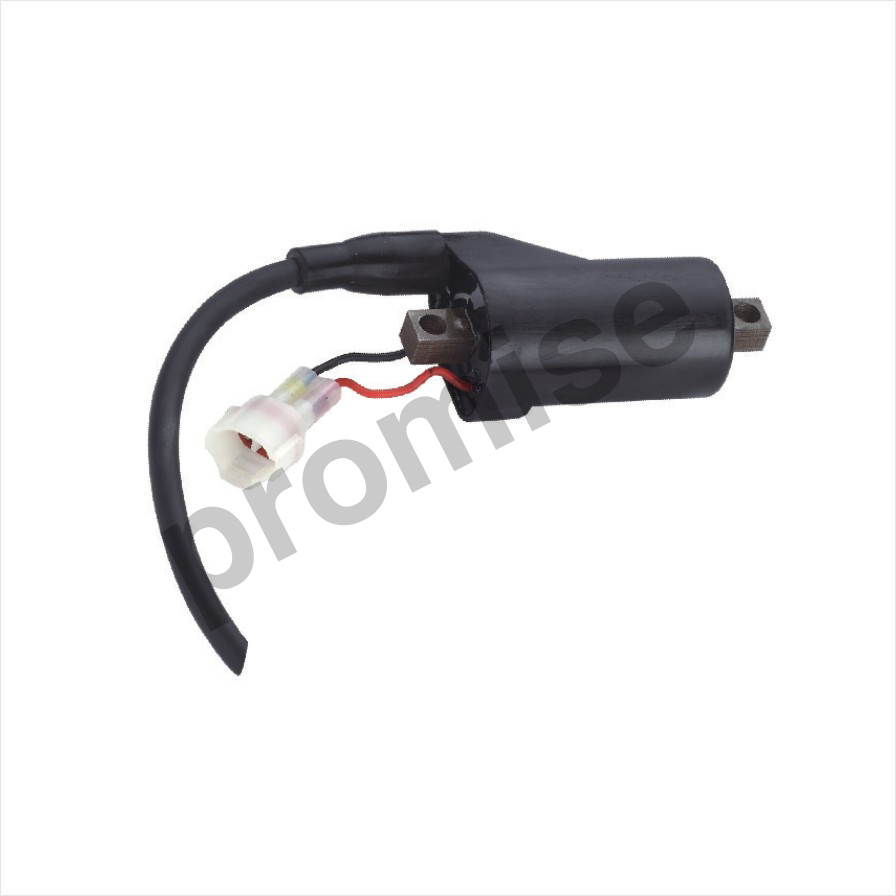What ignition coil is? Is it a mystery you want to forg […]
What ignition coil is? Is it a mystery you want to forget? It is not a secret you want to keep from your friends and family. The ignition coil in your vehicle ignition is a small induction coil mounted in the center of your engine's induction system, along with some coils around the filter.
It is this ignition coil that makes your car run, it is what ignites the gasoline and sets off the cranking of the spark plug. An ignition coil is typically an electrical induction coil on the top of the spark plug assembly. It consists of two wires - the thick one goes to a terminal and the thin one goes to a ground wire that is grounded to the chassis. In your case, the thick one is the wire that supplies power to your vehicle's keyless entry system while the thin one is the wire that supplies power to the lights in your headlights.
Bad ignition coils are one of the leading causes of premature ignition loss in North American cars. A bad ignition coil can easily send a voltage spike to your battery if it is not looked after properly. If you have a weak or dying battery, it is very easy for the voltage spike to flow into your battery. The surge will kill the battery very quickly and may even cause permanent damage. This problem is easy to detect, so you should always pay attention to your ignition coils. The first thing you need to look at is the terminals on both the ignition coil and the battery.
A couple of things can affect the ignition systems of your vehicles. One cause of ignition loss is worn out spark plugs. When the spark plug becomes worn out it cannot properly ignite the gasoline, which results in your car not being able to burn it as a fuel source. Another cause of ignition loss is the presence of iron core in your combustion chamber. Iron core can form if there are not enough precious metal parts in your ignition systems.
With the introduction of cylinder head injection systems in vehicles, ignition coils were needed to be made with special metals such as cobalt, tungsten and brass. In order to make the cylinder heads work properly, the ignition coils must also be made of the same metal. On modern vehicles, the two types of ignition coils are almost always the same. However, some vehicles still use the one made of tungsten.
It is important that you check your ignition coils when any of these problems occur. If you discover that they are causing your engine misfiring or you are noticing a steady increase of engine speed while driving, you should change them immediately. Sometimes changing the entire ignition coils in your engine can help but is not always possible due to certain engine designs.
